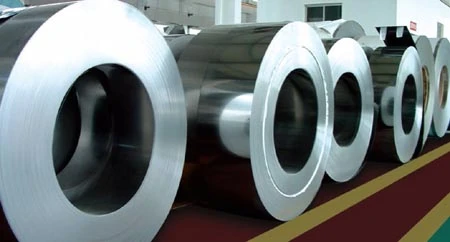Hanoi (VNA) – Panels discussed a number of obstacles facing local businesses, especially small- and medium-sized enterprises, when joining the Trans-Pacific Partnership (TPP) agreement, during a workshop in Hanoi on June 17.
They said in addition to fierce competition from foreign enterprises, non-tariff barriers such as technology and the origin of goods pose a big challenge to local exporters.
Deputy Director of the Central Institute for Economic Management Le Xuan Sang said such local staples as farm produce, garment-textile, footwear, seafood and timber products will be exempted from import duties when entering Japanese, Canadian and US markets.
However, Vietnam is encountering setbacks in changing and reforming State policies in accordance with TPP regulations.
He noted that the most important information for exporters is the origin of products, followed by the market information and the tariff reduction.
Therefore, it is essential for businesses to get updated on the markets to compete in both domestic and international arenas.
The TPP started out as P-4 with Chile, New Zealand , Singapore and Mexico. The US joined in September 2008 and Vietnam in early 2009. The deal now brings together 12 countries: Australia, Brunei, Canada, Chile, Japan, Malaysia, Mexico, New Zealand, Peru, Singapore, the US and Vietnam.
The completion of the world’s largest free trade pact on October 5 in Atlanta, the US, elicited positive responses from many countries.
The TPP will become a free trade region of 800 million people, accounting for 30 percent of global trade and about 40 percent of the world’s economy. The pact will help expand Vietnam's GDP by 23.5 billion USD by 2020 and 33.5 billion USD by 2025.-VNA
























